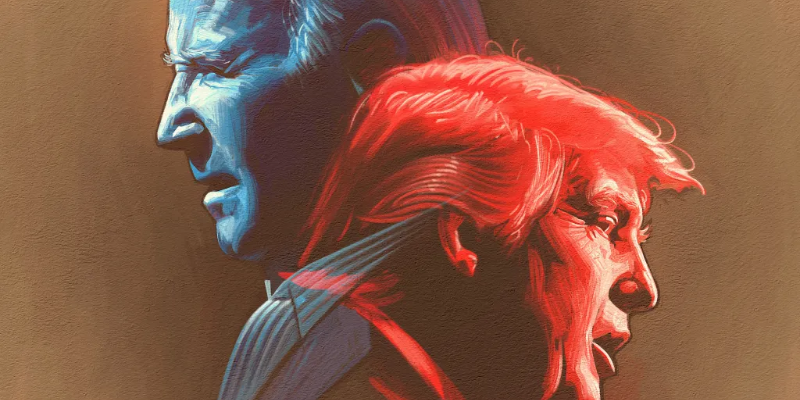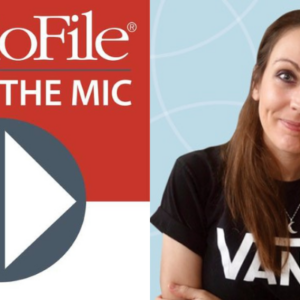Illustration by Krishna Bala Shenoi.
Talk Easy with Sam Fragoso is a weekly series of intimate conversations with artists, authors, and politicians. It’s a podcast where people sound like people. New episodes air every Sunday, distributed by Pushkin Industries.
*
Writer Evan Osnos (The New Yorker, CNN) has been interviewing Joe Biden on and off for the past decade. He recently profiled the 46th President ahead of his State of the Union, offering a rare (and revealing) portrait of the elder statesman from Pennsylvania.
In act one, we outline the state and stakes of the 2024 election, Biden’s demeanor “behind closed doors”, the accomplishments and failures of his first term, and what’s changed since his initial pitch to be a ‘transitional candidate’.
In act two, we turn to the twice-impeached, four-time criminal indictee, and presumptive GOP nominee for president, Donald Trump: his symbolic campaign announcement in Waco, Texas, the ‘combat mentality’ at the center of his bid for reelection, and the authoritarian vision he has for America, come 2025.
In act three, a speed-round of pressing questions you may have about the 2024 election, an attempt to wrestle with Biden’s psychology, and, to close, a timely passage from Osnos’ stunning book Wildland: The Making of America’s Fury.
Subscribe and download the episode, wherever you get your podcasts!
From the episode:
Sam Fragoso: As we leave, I want to hold a bit of writing that you produced in the acknowledgements of your book Wildland. Do you have a copy with you?
Evan Osnos: I do.
SF: If you wouldn’t mind, go to page 455. The very end.
EO: Nobody nurtures my thinking more than Sarabeth, whose energy, humor, and inexhaustible kindness are the fuel that powers our family. I started reporting this book before we had children; I am finishing it in the company of Oliver and Rose. In between, I often oscillated between reasons to despair at our politics and occasions to rejoice at home. By the end, I was writing this book for them, in the wish that they might someday read of a time when their country lost sight of its moral ambitions, and, I hope, began the process of seeing them again.
Oof– that is how I feel about this stuff. It feels intensely personal.
SF: In reading it, what part makes you emotional?
EO: It feels as if the decisions we’re making right now, as people in public life and private life, people who cast votes, people who write about politics and think about politics… we think we’re making decisions for ourselves. We’re not. We’re making decisions for people who don’t even know we’re making them for them. My kids will inherit the world that we make now in our choices, and it is so grave. I do sometimes look at my kids— and they know that I write about politics. I have this strange experience of trying to shelter them from the full reality of what it means to live in the era where somebody like Donald Trump is contending for power in this country. My daughter was three when Trump lost, and she said, “Donald Trump lost the election because he didn’t wear a mask.” I remember thinking, that’s actually a pretty elegant simplicity to explaining what happened.
SF: (laughs)
EO: The reality is, my kids are going to grow up in the world that all of us make for them. All of our kids are going to do that. That is kind of a weighty burden, and it feels like this stuff matters beyond the superficial reality of politics that it’s most infuriating.
SF: And today, in this moment, oscillating between despair and rejoice— where are you?
EO: I’m willing to believe that we will find it within ourselves to make the right choice. I am not willing by any means to relinquish that idea. I think that, when the moment arrives, we won’t subject ourselves and our descendants to the country that Donald Trump wants us to be.
SF: Would you say the same thing to me if we weren’t recording this?
EO: A hundred percent. I’m an earnest person, which is kind of weird in the political world. You’re supposed to be cool and cynical, and I think it’s probably why I never felt particularly at home in political writing. But I think maybe from that passage you can tell that I kind of feel like cynicism is not an option now. The consequences are profound, and the people with the least power to defend themselves bear the most consequences for it. For that reason, we don’t have the luxury of looking away.




















